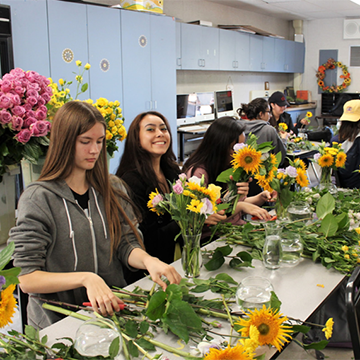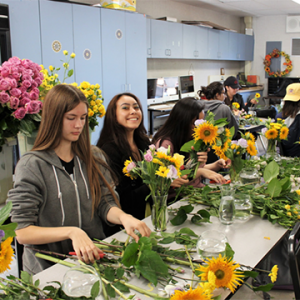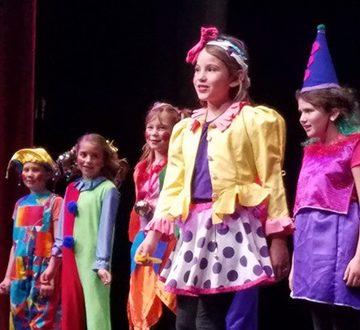
Can't Have One Without the Other
BY MARY GALKEL FORSTER
 In my October article I shared different online tools that can be used to explore careers by matching one’s skills, interests, and values, with aligned careers. What is a skill? How does one know what skills they have? Career skills are divided into two categories, hard and soft skills. Hard skills are job specific skills and knowledge needed to perform a job. Soft skills are interpersonal, people skills, considered important and necessary in almost all careers. This article will begin a three part series to provide you with strategies for helping children understand the difference between hard skills and soft skills, how each can be developed, and how hard and soft skills can help get a first job. This first article will focus on hard skills, most of which are taught in schools, training programs, or on the job.
In my October article I shared different online tools that can be used to explore careers by matching one’s skills, interests, and values, with aligned careers. What is a skill? How does one know what skills they have? Career skills are divided into two categories, hard and soft skills. Hard skills are job specific skills and knowledge needed to perform a job. Soft skills are interpersonal, people skills, considered important and necessary in almost all careers. This article will begin a three part series to provide you with strategies for helping children understand the difference between hard skills and soft skills, how each can be developed, and how hard and soft skills can help get a first job. This first article will focus on hard skills, most of which are taught in schools, training programs, or on the job.
Understanding what skills are and developing them can begin early in a child’s development and can be strengthened with family, adult interaction.
Actions, whether mental or physical, that are performed consistently and correctly every time are considered mastered hard skills. From the very first time a baby places a shaped piece correctly into a shape sorter, they are learning and developing a hard skill: matching shape to opening and fitting the object in the opening. This hard skill is used by architects, interior designers, and engineers. Little ones get an early start at developing hard skills, which, with continued practice and refinement, can become the basis for their future careers. Recognizing and communicating that your child, baby through teens, is developing or has mastered a hard skill helps them develop a sense of self. Sharing how those hard skills apply to certain careers/jobs promotes career exploration.
Here are a few suggestions to get you started:
- Tying Shoes
- Putting away toys in correct places
- Riding a bike
- Story Telling
- Playing musical instrument
- Solving Puzzles
- Playing a sport
- Solving Math problems
- Reading
- Science Experiments
- Skateboard Kickflips
- Games
From birth to around age five, saying “you can do” is the term for “skill”. A great birthday celebration is helping your child write down their “can dos”/“skills” and adding to the list each year. As your child acquires hard skills, help them become aware of certain qualities or strategies they used to master the skill: “you watched me closely”, “you didn’t give up”, “you tried many different ways”, “everytime you did it, you did it better”. These comments foster observation, persistence, and repetition, all necessary for mastering hard skills.
A parent can do much to foster the understanding and growth of a child’s hard skills but the majority of child development/adolescent literature and studies indicate that the parent plays a stronger role, has a greater responsibility in developing a child’s soft skills, their interpersonal skills, which will be the focus of the April Careers article.


You May Also Like

This School is a Real Circus
March 1, 2020
Take a Breath
March 1, 2020

